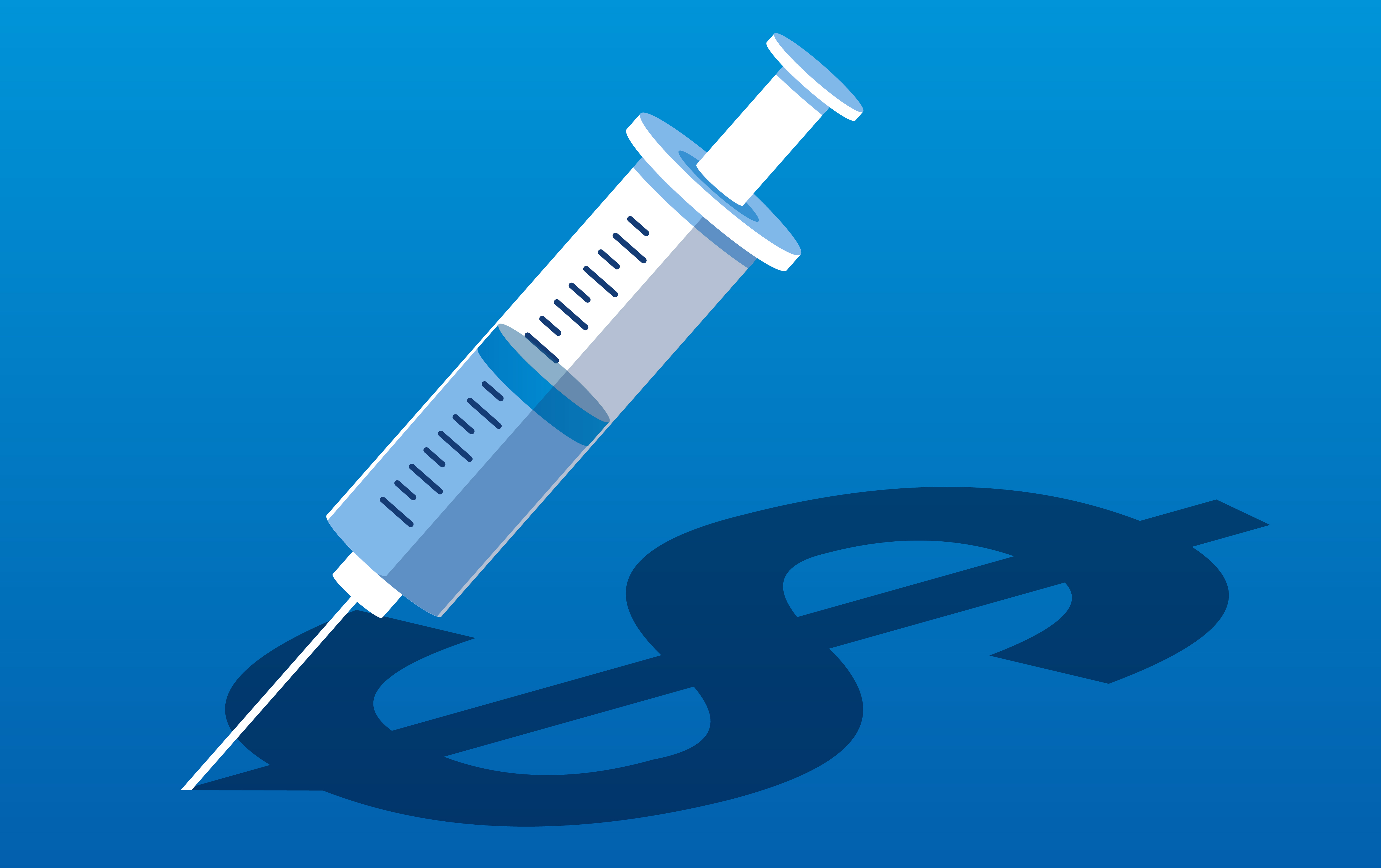

The average American family spends the equivalent of a Tesla on healthcare expenses every other year. (Not the new Cyber Truck, but still, a regular Tesla.)
That’s how the Council of Affordable Health Coverage (CAHC) opened its Price of Good Health conference last week—by explaining that each year, the healthcare system effectively makes individuals poorer. CAHC’s annual event brings together Washington D.C.’s policy wonks, private sector innovators, employer groups, and other industry stakeholders to hear from insurers, pharmaceutical companies, hospital systems, tech companies, and Members of Congress on the state of healthcare.
Here’s what we learned:
1
Consumers might not understand what it means to have complete access of their healthcare data.
In a recent poll of registered voters, Jon McHenry, vice president of North Star Opinion Research, revealed that consumers have an inconsistent view of their medical information. The highlights:
- Over 75% of those surveyed typically do not pay attention to what is stated on their HIPAA forms.
What that means: Consumers are usually not concerned enough to retain what is stated on their HIPAA forms.
- Close to half (44%) of 18-34 year olds think it’s very important to have access to their health data on a smart phone or laptop.
What that means: Younger demographics want to access their health information on their devices—a platform on which they access tons of other types of data as well.
- Over half (57%) of those surveyed believe health data should be accessible on a single website.
What that means: The majority of surveyed voters want to be able to view their health information through a single URL, creating a holistic picture of their health status.
- 45% of 18-34 year olds think privacy is the most important element to accessing their health information.
What that means: The same demographic that wants health data to be accessible via multiple devices has real concerns about the vulnerability of their information.
- Only 10% of voters think tech companies should have access to health data.
What that means: Voters may not understand the connection between the technology necessary to facilitate interoperability in the healthcare system and how that technology is going to be layered on top of existing privacy measures.
Patients have conflicting views on privacy, their health information, and the role of new technologies that could facilitate the very access and ease of use they are looking for.
2
The Trump administration is advancing major regulatory reforms but is still grappling with how to define and measure “quality.”
Everyone identifies “value-based care” as a long-term goal marrying quality and cost standards, but the jury is out whether anyone has yet to achieve it. Insurers and drug manufacturers gave examples of value-based contracting arrangements in practice. They put their fees at risk based on the effectiveness of a drug or treatment. While there is momentum in creating these types of arrangements, the next step is providing use cases that prove how they lower costs and improve access and quality of care.
A recent Deloitte survey of healthcare CEOs confirmed this sentiment, revealing they thought they would be farther along in the transition to value-based care than they are today. Survey respondents representing 25 hospitals and six payers ranked value-based payment as the third-biggest driver of change in the industry.
The success of value-based contracting is also linked to the data economy, where enabling technologies are needed to leverage the clinical and claims data to develop shared datasets.
Eric Hargen, deputy secretary of Health & Human Services (HHS), unpacked the Trump administration’s agenda when it comes to data and innovation: liberate data to drive value and advance consumer engagement and empowerment. Hargen noted they are working to modify parts of the current regulatory regime that are standing in the way of care coordination efforts, including the Stark Law, HIPAA provisions that inhibit the flow of information, and other transparency initiatives. According to the deputy secretary, it is possible to have a serious, unexpected win with respect to data interoperability.
When it comes to quality, HHS believes “you should get what you pay for.” While the notion is simple, the measurements used to validate it are not. There are over 26,000 quality measures within HHS, only some of which are clinically validated, but all of which are costly to monitor from a compliance perspective. Hargen also indicated that quality measures can be revenue drivers for different parts of the healthcare system.
Given the swath of quality-based measurements, the suggestions to update the system vary drastically. However, they are all founded on asking consumers to take more ownership of their healthcare.
3
Healthcare fast facts
- If current trends persist, health spending is on track to top $50 trillion in the next decade.
- Applied to private insurance, Medicare’s system of administered pricing in monopoly markets could save working families $10,000 a year. (Hospitals, physicians, and other providers charge the government approximately 60% what private insurers pay.)
- Private prices for common health services in the U.S. surpass the average of all other developed countries by a factor of at least three.
- If savings related to improved population health strategies, lower prices, and elimination of wasteful care were applied only to the commercial insurance market, we could see a 50% reduction in what the U.S. pays per capita compared to its peers for healthcare. The savings could funnel $10 trillion or more into household incomes over the next decade.
- Every other developed country applies some form of healthcare price control and spends on average about 7% less of their GDP than the United States.
- From 2002-2012, healthcare accounted for all net job creation, and was responsible for 28% of economy-wide job growth from 2000-2019.
- CMS estimates the National Health Expenditure (NHE) will grow close to 70% between 2018-2027, equating to about 6% every year.




